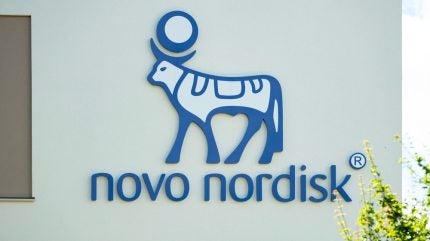
The US Food and Drug Administration (FDA) has rejected the biologics licence application (BLA) for Novo Nordisk’s once-weekly insulin icodec for the treatment of diabetes mellitus.
The company did not disclose the details of the complete response letter (CRL) issued by the FDA. But did share that the CRL outlined concerns related to the “manufacturing process and the type 1 diabetes (T1D) indication”.
Novo Nordisk also added that the company did not expect to fulfil the requests detailed in the CRL by the end of this year, and consequently will not be refiling the BLA for insulin icodec until next year, at the earliest.
The BLA rejection news comes two months after the FDA Endocrinologic and Metabolic Drugs Advisory Committee (AdCom) voted against the approval of insulin icodec for T1D. In a 7-4 vote, the panel found that insulin icodec’s benefits do not outweigh its risks, especially the elevated risk of hypoglycemia associated with the therapy.
The FDA AdCom panel noted in a briefing document that insulin icodec did not yield “additional glycaemic control or other benefit” in T1D patients, but it did have a high incidence of hypoglycaemia. The AdCom did not discuss the use of the drug for treating type 2 diabetes (T2D).
Once-weekly insulin icodec is approved to treat both T1D and T2D in the EU, Canada, Australia and Japan, and is marketed as Awiqli. In the EU, Awiqli is only approved for treating T1D in combination with a short-acting insulin, to “cover mealtime insulin requirements”.
Access the most comprehensive Company Profiles on the market, powered by GlobalData. Save hours of research. Gain competitive edge.

Your download email will arrive shortly
We are confident about the unique quality of our Company Profiles. However, we want you to make the most beneficial decision for your business, so we offer a free sample that you can download by submitting the below form
By GlobalData
Diabetes therapeutics is a major segment in Novo Nordisk’s pipeline, with the company touting its control of a third of the diabetes market share, per a 2023 investor presentation. The company’s glucagon-like peptide 1 (GLP-1) agonist and insulin rake in billions of dollars every quarter.
In a bid to expand its diabetes portfolio, Novo Nordisk partnered with Canadian biotech Aspect Biosystems to produce bio-printed tissue therapeutics. Under the agreement, the Danish company will gain an exclusive, global licence to use Aspect’s pancreatic tissue platform to develop a maximum of four treatments for diabetes and/or obesity.

Sign up for our daily news round-up!
Give your business an edge with our leading industry insights.
